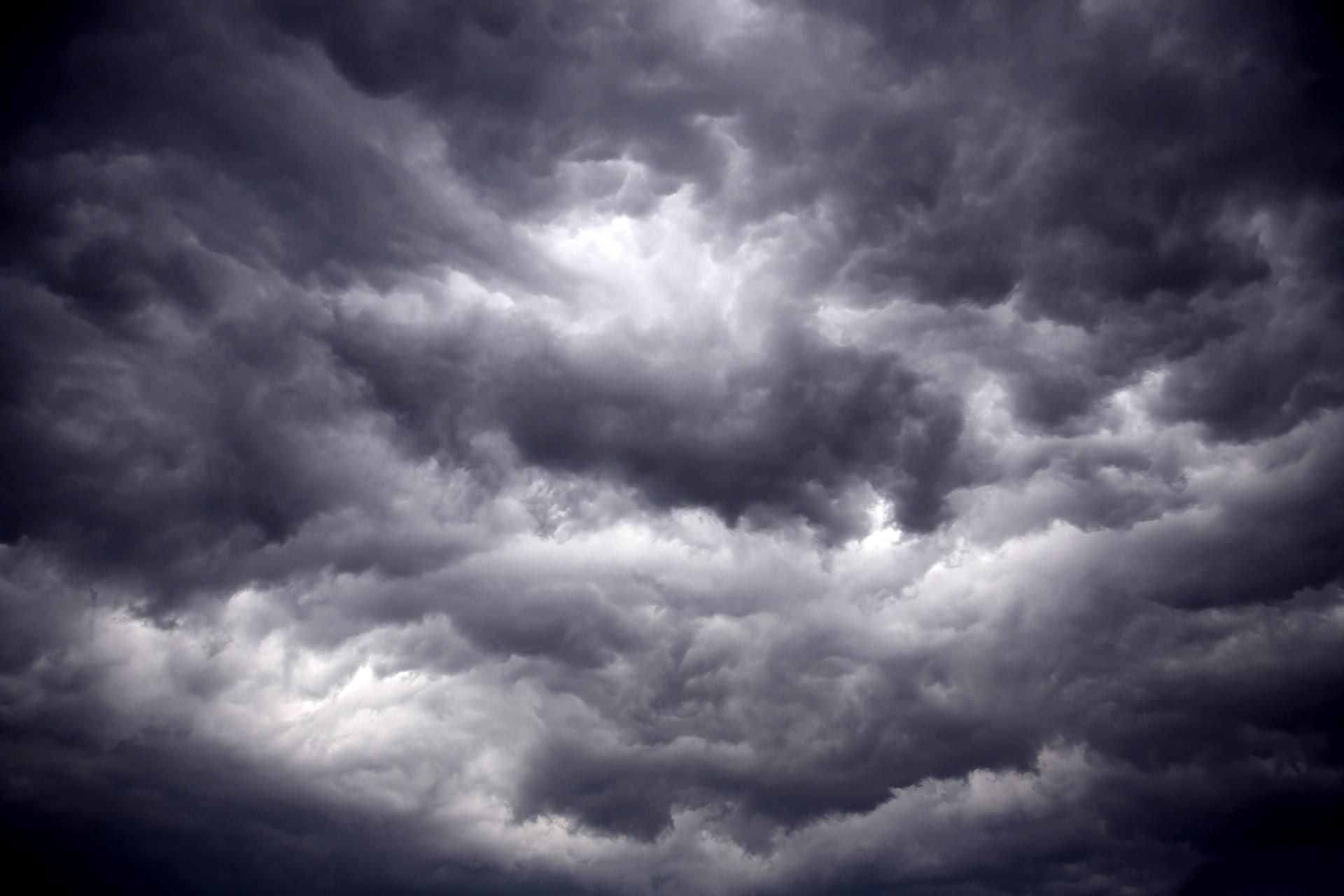How to Prevent or Thaw Frozen Pipes
- SELECT Restoration
- Dec 8, 2020
- 4 min read

Steps to Help Prevent Frozen Pipes
The pipes in your home can freeze in cold weather. This can leave you with no water or cause your pipes to suddenly burst, leading to extensive water damage. Take steps to protect your pipes from freezing and learn what to do if they burst.
Know where to find your main water shut-off valve and how it works (you will need to quickly shut-off the water supply if your pipes burst).
Insulate pipes most prone to freezing, especially near outside walls and in basements, crawl spaces, the attic and garage. This can be done with spray foam insulation or foam pipe covers available from building supply or home improvement stores.
Seal air leaks in your home and garage to stop cold air from getting in, using tape, vapor barrier or a can of spray foam insulation (wear gloves and eye goggles). Check around windows and doors, electrical wiring, dryer vents and pipes.
Outdoor faucets are the first pipes to freeze and burst. Unscrew any hoses, turn off the outdoor water supply and let the taps drain.
If your pipes are prone to freezing, there may be a problem you cannot see. Consider contacting a plumber for advice on how best to protect your home.
Commercial water customers – protect fire lines by wrapping all lines exposed to the cold. A burst 2 inch sprinkler pipe can cause a lot of water damage!
What to do During Extreme Freezing
Take steps to prevent your pipes from freezing, or bursting if they have already frozen.
Ensure rooms and wall cavities that contain water pipes are kept above 8ºC, especially near the water meter.
Keep garage doors closed if there are water supply lines in the garage (do you have a bathroom above your garage).
Open kitchen, bathroom and laundry cabinet doors to allow warm air to circulate in cabinets and around the plumbing.
If leaving for an extended period of time - close the main valve that supplies water to your Toronto home. It is typically located in the basement on the foundation wall (next to hot water tank and mechanical equipment). Once the valve is closed, open a cold water tap in the basement to drain any remaining water from the pipes. You may also want to have someone visit your home regularly to check for damage.
For your own peace of mind, you can leave a faucet on to run a thin stream of water to ensure some movement of water in the pipes.
Run cold water from the lowest point in the house, usually a laundry room sink or tub.
Ensure the drain is kept clear of debris to prevent overflowing or basement flooding.
How to Thaw Frozen Pipes When you Have no Water
If you turn on your taps and have no water, the pipes in your home may be frozen. Likely places for frozen pipes include:
Against exterior walls.
Where the water service pipe enters the home through the foundation wall.
Here are some tips and precautions when thawing frozen pipes.
Important precautions:
Do not use a torch with an open flame to thaw pipes – this is a fire hazard.
Ensure you know the location of your master water shut-off valve. If the frozen pipe bursts, you will need to immediately shut off the water in your house to prevent water damage.
Steps to thaw frozen pipes safely:
Turn on a tap in the basement, preferably the cold water faucet in the laundry room.
Apply heat to the suspected frozen pipe by warming the air around it or applying heat directly to the pipe. You can use an electric heating pad, hairdryer, space heater or warm towel or rag.
Do not leave electrical devices unattended, or use kerosene or propane heaters, charcoal stoves or any open flame to thaw a frozen pipe.
Depending on the outside temperature and the extent of freezing within the pipe, the thawing process could take several hours.
Once the pipes have thawed, turn the water back on slowly and check for cracks and leaks.
If the pipe is leaking or has burst, you will need to quickly shut-off the main water valve to hour home.
If the above steps do not resolve the issue:
If you are unable to thaw the pipes or locate the frozen area, you may wish to contact a licensed plumber for advice or wait for the pipes to thaw over time. You can also contact 311 and someone from the City of Toronto will come to investigate. Please note: Should the city determine that the pipes are frozen on private property (from the property line into the home), you will be advised to contact a plumber, or asked to wait for the pipes to thaw over time.

Make Us Your First Call in an Emergency
If you require emergency burst pipe cleanup service, get the help you need and the peace of mind you deserve. Time matters when you have unexpected water damage or basement flooding from a frozen pipe. Mould damage can begin within 24-48 hours and water should be extracted, cleaned and dried immediately. Don't hesitate to contact the experts at SELECT Restoration Services.
Make us your FIRST CALL for 24/7 emergency service and FAST water and fire damage cleanup in Toronto.
SELECT Restoration Services | CALLTHEMFIRST.COM
261 Bering Avenue, Unit 2
Toronto, ON M8Z 3A5
☎️ Office: 905-499-3765
☎️ 24-Hour: 1-833-24EMERG
📢 “Call them first!” 📢
🔥 Voted Best Fire and Smoke Damage Restoration in Toronto, Ontario
💧 Voted Best Flood Cleanup and Water Damage Restoration in Toronto, Ontario
#callthemfirst #selectrestoration #selectrestorationservices #select #restoration #selectrestorationtoronto #toronto #waterdamage #burstpipe #frozenpipe #freezing #waterdamagetoronto #floodcleanup #watercleanup #waterremoval #plumber #firedamagetoronto #floodrestoration #flooddamage #sewerbackup #pipeleak #mississauga #etobicoke #vaughan #york #markham #brampton #malton #oakville #greatertorontoarea #smokedamagetoronto #restoration #contractor #renovator #insurance #damagerestoration #propertydamage #restorationcompany #restorationservice #cleanupcompany #damagerepairservice #emergencyservice #damagerestorationservice #toprated #awardwinning #bestservice #bestemployees


Comments